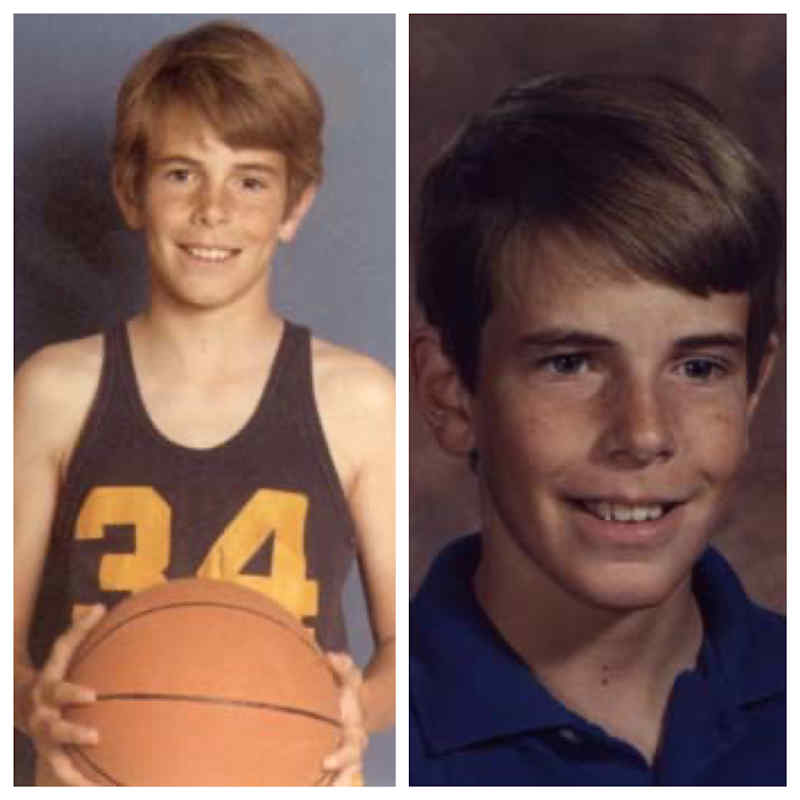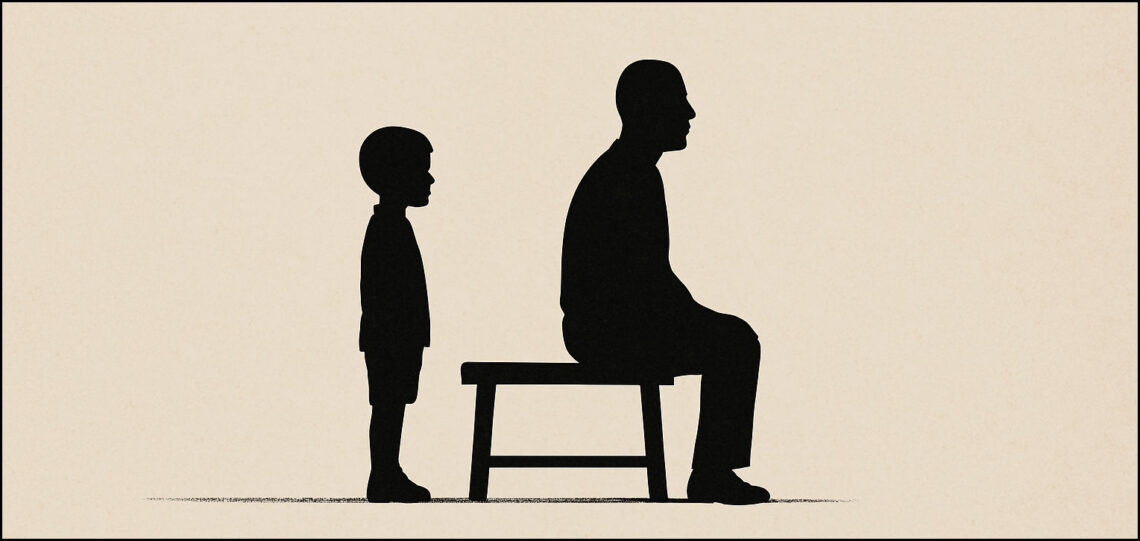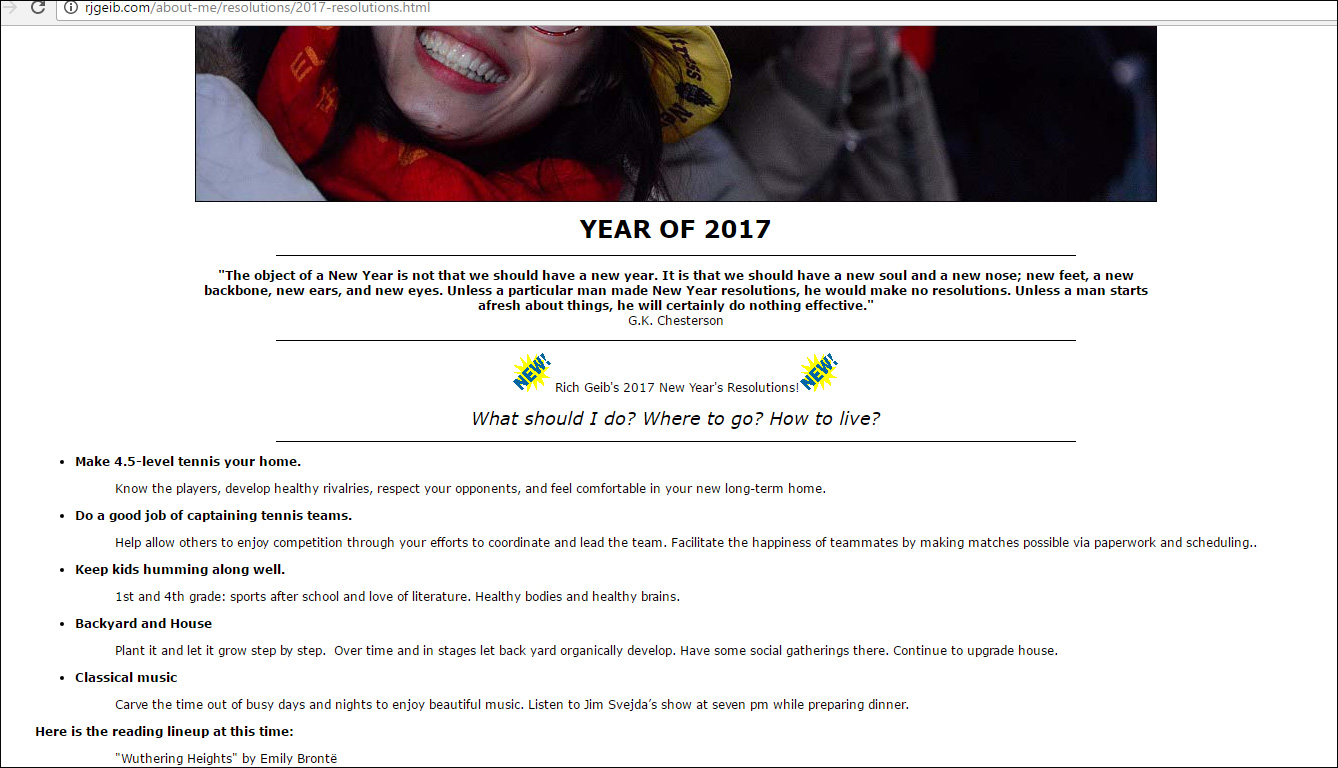Patience.
It is such a small word.
But there is a lot in it.
Our relationship to time, and our ability to endure it, changes drastically across a lifetime.
It seems like forever from your seventh to your eighth birthday. Time moves slowly. Everything is intense. Impatience is all.
By the time one enters middle age each successive year seems to pass quicker than the previous one. My dad calls this the toilet roll theory of time: as you near the end of the roll of toiletpaper, it seems to run out faster and faster. The same with life.
I remember back in the mid-1970s being forced to go to Catholic mass every Sunday with my father. I would be so incredibly bored. Sometimes my dad would give me his set of keys to play with, to try and placate my impatience. I was a six year old squirming in the pew like an earthworm uncovered in fresh dirt. I wanted to do something – ANYTHING – rather than just sit there quietly. Occasionally my dad would try to placate me by playing a game where he would allow me to use his hand like a clay workthing and to negotiate it into different structures. But mostly I just sat there waiting for church to end. I loved when we got to the kiss of peace (“Communion is almost here!”) and then we would say the final pray and it was just one more song and then it was over (“Finally it is over!”).
My dad would occasionally tell me, “You have to learn to be patient, Richard.” That was a tall order when I was a kid. Boredom is a plague for boys. They run outside and do all sorts of games, stunts, and charades to avoid boredom. I suspect school itself – run by women, mostly – is a plague to many boys because you are just expected to sit there patiently like a little girl. Here are two photos of from around those days:

But oh how things change over the course of a lifetime.
I have grown to have enormous patience.
For example, I went to my mass some two weeks ago with my father (to placate him, as a family activity) and I was mildly bored. I caught myself looking at my watch and feeling some of the old “let’s get on with it already!” vibes, but I remembered it was just one hour and would be over soon enough. And it was. For my dad, or my family, I would endure much worse. And I have.
I had come a long way since fifty years ago when I would sit there fidgeting in church. Here are two photos of me nowadays:

At my current advanced age I can wait like a champ. An example: a few years ago I took my two daughters and my niece to the Knotts Berry Farm amusement park. They must have been around 12 or 13-years old at the time. Knotts Berry Farm is located in Buena Park, which is about an hour away from home. They were going to be there some six or seven hours, and I did not want to spend a huge chunk of that time driving back and forth. So I just brought a book to read for that time. I dropped them off and paid for their admission. Then I spent most of the day in a local restaurant reading my book, looking out the window, reflecting on this or that, and waiting for the four pm pick up time. “The day will pass quickly enough, and then it will be time to meet the girls at the amusement park exit and drive home.” That ended up being true.
I was not bored, even though I pretty much sat in a chair for six hours straight. At this point I could almost hold my breath for six hours. Six hours is nothing! I could wait six months to make an important purchase or see a plan come to fruition without breaking a sweat. Six months is nothing. But it was different when I was a little boy. I had trouble waiting six minutes.
In Spanish they say, “Él se aburre.” He bores himself. But we in English say, “He is bored” as if he cannot help the boredom: he is a passive victim of it. Isn’t it true that if you find yourself bored, it is really your own fault? That if you are bored when you are by yourself, you need better company? Maybe THIS movie or THAT book is not boring but YOU are? That is all true. But it is easier to be patient as one ages. It is harder in youth.
Currently I am waiting another four or so years until I can retire. I am being patient. Actually, I am waiting for my youngest daughter to graduate high school. She is finishing up her freshman year right now and I recognize it will go quickly. “Snap young fingers and you will be a senior!” I have warned freshman for decades. My older daughter graduates from high school in eight weeks and it seems like only yesterday she was a freshman almost four years ago. Wow! “The years they will run like rabbits.” Most of what I am currently doing is for the sake of my family. But my parenting commitment – or the most intense part of it, anyway – is rapidly coming to an end. We are talking about a period of twenty years or so. No more, no less. Nonetheless, it is a solid chunk of time. And the amount of patience being an effective parent required was ENORMOUS. Patience was an absolutely vital element in being a good parent. My daughters would do something immature and frustrating and instead of bark at them I mostly bit my cheek until it bled and said nothing. “She will grow out of this,” I remind myself yet again. And eventually she does. Patience, and its close cousin, discipline. I have both in spades. They have served me well.
But is patience a double-edged sword? If you are too patient in suffering what adult life forces you to live through, are you enduring life rather than living it? Instead of actively doing what you want, are you passively doing what others dictate? Where is Aristotle’s Golden Mean between being impatient in the face of necessity and too patient in encountering the exigencies of the eternal world. Ben Franklin reminds us, “Dost thou love life? Then squander it not, for that is the stuff life is made of.” Don’t waste time. Because time is the most important thing a person possesses. When you are out of time, you are out of life. Little boys do not appreciate this fact. Old men looking death in the face do.
Patience. Time.
Doing what you must do. Doing what you want to do.
It is a narrow thing, threading the needle on those.
Almost every problem tends to resolve itself over time – if one is patient.
But not every problem will solve itself if one is patient – sometimes action is needed.
When to be patient and endure? When to decide enough is enough and take action?
There are no easy answers. One must think it through carefully.
Aristotle would have told his pupil Alexander the Great something like this, “An excess of courage is recklessness. An absence of courage is cowardice. To find the Golden Mean between recklessness and cowardice is best.” But finding that middle ground is hard. In examining the complexities of a certain situation, there seems to be no end to it. So much of adult life consists just of negotiating this complexity.
A quick Google search about patience yields these quotes:
“The two most powerful warriors are patience and time.”
“Patience is bitter, but its fruit is sweet.”
“Patience is not the ability to wait, but the ability to keep a good attitude while waiting.”
“The key to everything is patience.”
“Rivers know this: there is no hurry. We shall get there someday.”
“Trees that are slow to grow bear the best fruit.”
“Adopt the pace of nature: her secret is patience.”
“With love and patience, nothing is impossible.”
That last quote in particular, is perhaps too optimistic. It does not contain the negatives which might come from too much patience. This one seems more accurate:
“Patience is the support of weakness; impatience the ruin of strength.”
Or how about when it is more aggressively re-stated:
“Patience is the strength of the weak, impatience is the weakness of the strong.”
Ouch! Does that mean I am “weak”?
My wife often grows impatient with the Socratic nature of my interior dialogues (such as this one on patience). To be fair, when my wife passes an idea by me she does not want a careful argument on the pros and cons of a possible course of action; she wants to be affirmed in what she has already decided to do. I have to remember to just shake my head and say, “Sure, honey! Go ahead.” My wife is looking for support and clarity, not contradiction and complexity. She has already made up her mind. The way forward is clear; the best course of action to her seems obvious.
But I find that so often in my own life the best course of action is not obvious. Especially in parenting, the right thing to do can be exceedingly difficult to discern. I love that story, probably apocryphal, of President Harry Truman upon hearing an economist advise him that “On the one hand, this might happen…” and then “On the other hand, this could happen…” he cried out in frustration: “SOMEONE BRING ME A ONE-HANDED ECONOMIST!” But anyone who sees only one choice when encountering forks in the road on complicated journeys is begging for misfortune.
So what to do? How to act?
My answer today: be patient with yourself and others, think it all through carefully, and the path will become clear over time. The universe will provide the answer, eventually. Or so I will hope.
Amen.




